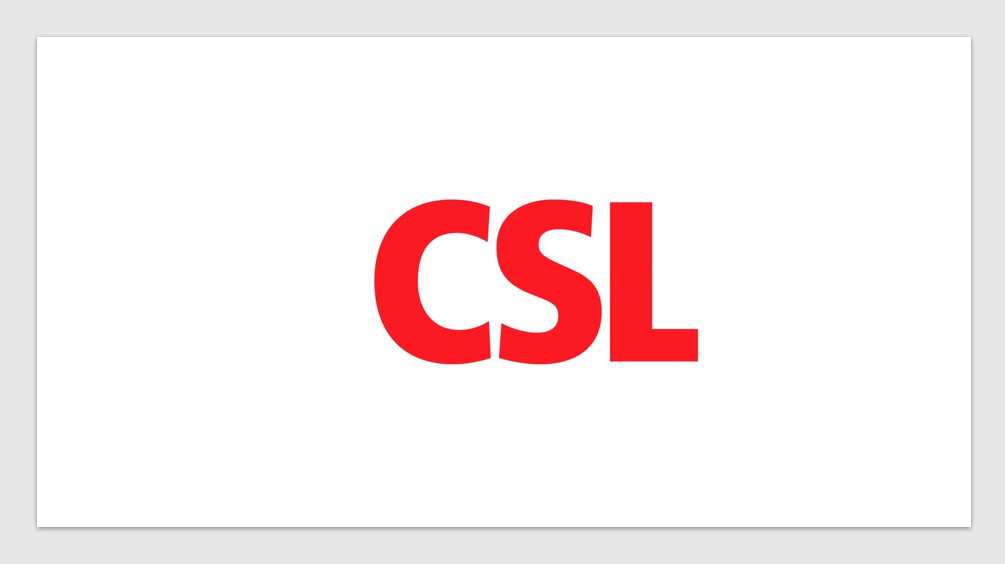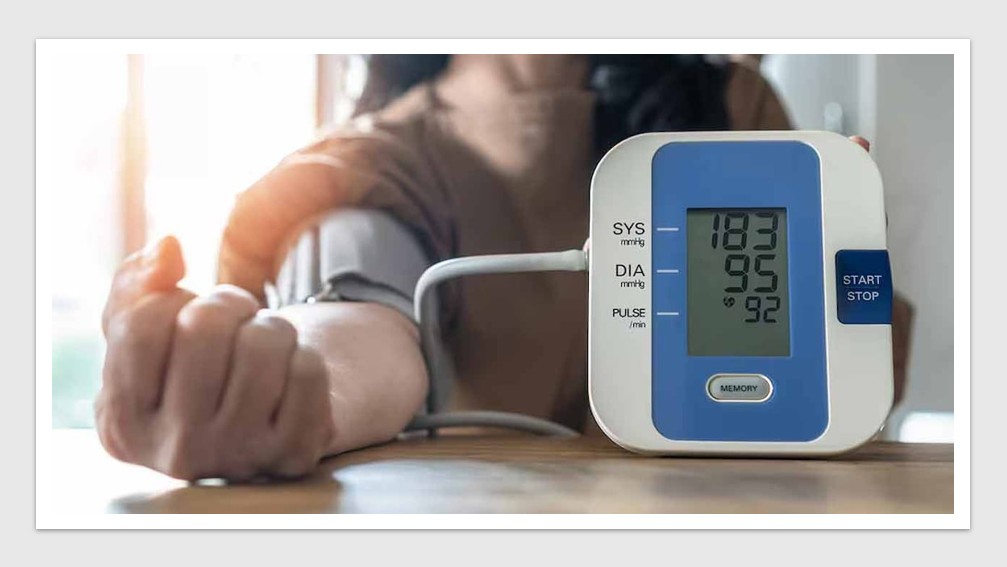News & Trends - Pharmaceuticals
Monash backs UCB and Biogen’s first-in-class lupus drug

The first Phase 3 trial of UCB and Biogen’s anti-CD40L antibody in systemic lupus erythematosus (SLE) has delivered promising results, with trial data contributed by Monash University.
SLE is a complex, chronic autoimmune disease that affects multiple organ systems, presenting a spectrum of symptoms from skin rash and arthritis to seizures and psychosis. It disproportionately affects women and remains a significant therapeutic challenge.
“Being able to address both fatigue and remission are areas of critical unmet need in lupus care, an important treatment goal is to improve the quality of life for patients as well as to reduce the long-term risk of organ damage through disease remission,” said Professor Eric Morand, Head of the Monash Health Rheumatology Unit at Monash University.
In the PHOENYCS GO study, 40.9% of patients receiving dapirolizumab pegol (DZP) achieved low disease activity at 48 weeks – double the rate observed in the standard of care group (19.6%, p<0.0001). Additionally, 19.2% of patients in the DZP group achieved complete remission, compared to just 8.4% receiving standard of care alone.
“Dapirolizumab pegol has shown meaningful impact in helping patients achieve remission and low disease activity, offering the exciting possibility for improved disease control while reducing exposure to glucocorticoids,” explained Professor Morand.
The challenges for lupus patients have been compounded by the limited treatment options available. In the last six decades years, AstraZeneca’s monoclonal antibody Saphnelo (anifrolumab) has been the only new therapy reimbursed for lupus in Australia.
The intravenous therapy, which was added to the PBS last year, showed a statistically significant and clinically meaningful reduction in disease activity compared to placebo in the global TULIP 2 trial, led by Professor Morand.
DZP, however, is not yet ready for regulatory submission. The PHOENYCS FLY clinical trial is currently underway, with results expected in 2027.
“Dapirolizumab pegol has the potential to become a significant new medication for people living with SLE, as shown by the breadth of effect seen in the study and I look forward to seeing results from the second Phase 3 study,” Professor Morand said.
Meanwhile, the CD40L pathway continues to gain traction as a therapeutic target. Sanofi’s frexalimab, a drug in the same class, is in Phase 3 trial for multiple sclerosis and Phase 2 trials for SLE and type 1 diabetes.
![]() In reimagining healthcare across the entire patient journey, Health Industry HubTM is the only one-stop-hub uniting the diversity of the Pharma, MedTech, Diagnostics & Biotech sectors to inspire meaningful change.
In reimagining healthcare across the entire patient journey, Health Industry HubTM is the only one-stop-hub uniting the diversity of the Pharma, MedTech, Diagnostics & Biotech sectors to inspire meaningful change.
The Health Industry HubTM content is copyright protected. Access is available under individual user licenses. Please click here to subscribe and visit T&Cs here.
News & Trends - Biotechnology

CSL reshapes R&D while bracing for U.S. tariffs
Australia’s largest biotech company CSL is streamlining its R&D operations to enhance efficiency amidst a rapidly evolving global landscape. The […]
MoreNews & Trends - MedTech & Diagnostics

Australia joins Medtronic trial in fight against resistant hypertension
Medtronic has launched an international clinical trial across Australia, the United States, and Europe to evaluate the feasibility of multi-organ […]
MoreNews & Trends - MedTech & Diagnostics

Medibank launches pharmacogenetic testing while government stalls on insurance discrimination ban
Medibank has become the first Australian health insurer to pay towards pharmacogenetic testing (PGx) for eligible customers on Extras cover. […]
MoreNews & Trends - Pharmaceuticals

Global pledge shifts visibility and action for patients with advanced breast cancer
Three breast cancer organisations have united internationally to demand that people living with metastatic breast cancer (MBC) are no longer […]
More